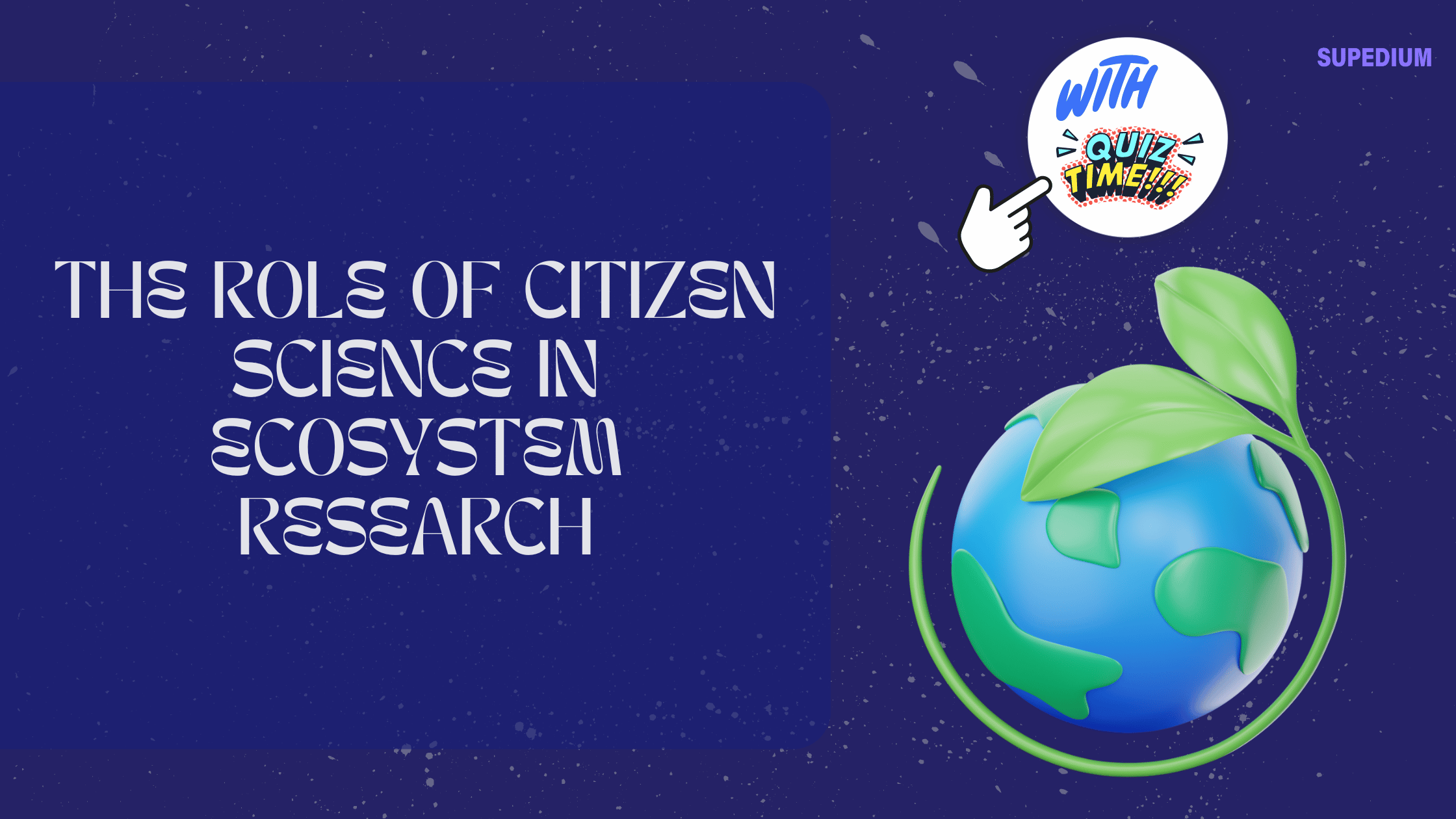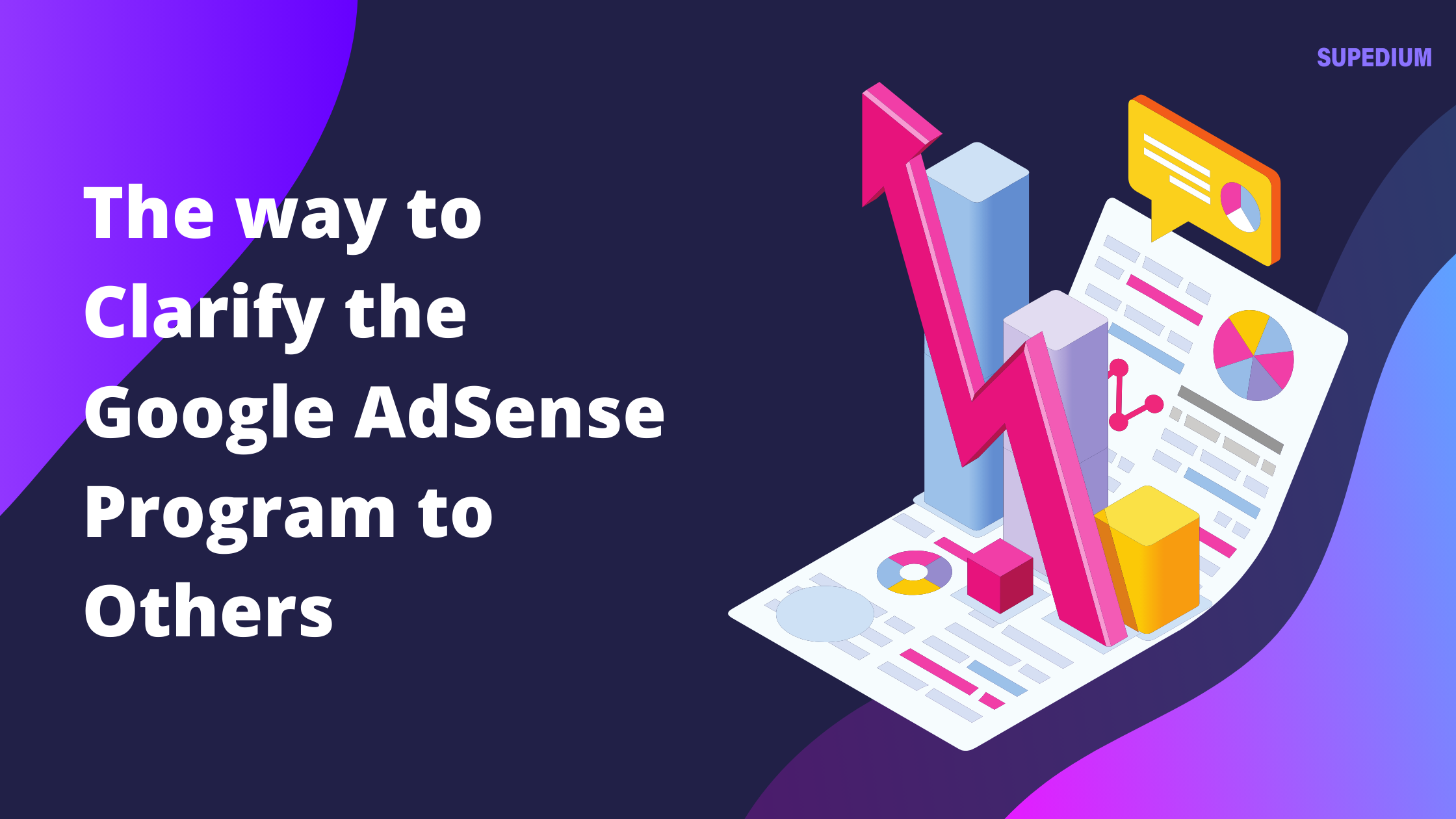Table of Contents
![]()
Easy Monetary Policy (Monetary Easing) Explained
Easy money is an economic term used to describe money supply. It is also known as monetary easing and expansionary monetary policy. The Central Bank of every country is tasked to regulate money supply in the country. In the United States, the money supply in regulated by the Federal Reserve Bank. The money supply concerns the amount of currency issued into society. They use different tools to inject or contract the money supply. For example, when the Federal Reserve Bank wants to increase money supply in the country, it lowers the overnight interest rate (the rate charged to banks to borrow money). As such, borrowing for banks becomes less costly. This, in turn, makes money more accessible and less costly for borrowers from the lender banks.
A Little More on Easy Money or Monetary Easing
As discussed, monetary easing occurs when the Federal Reserve Bank wants to increase the money supply in the country. The purpose of monetary easing is to stimulate economic growth and to push down the unemployment rate in the country. The economic stimulus is caused by the effect of introducing more money into the system. This primarily happens in two manners: Through the Federal Open Market, the Federal Reserve Bank purchases treasury securities from the US Government. Through government spending (spending programs, grants, employee salaries, etc.) the money will be injected into economy and vice versa. The next method is by lowing the overnight interest rate at which banks (lending institutions) borrow money. This gives these borrowing banks more money to lend. If money is easier to acquire by loan, individual consumers are more able to acquire loans to purchase things, such as houses, cars, etc. It also makes it easier to expand businesses operations by purchasing additional equipment, upgrading facilities, and hiring more employees. This increases the supply side of the economic production-consumption equation. Also, the money spent on equipment, facilities, and employees flows into the economy (think about the businesses selling the equipment and the employees with more money to spend) and creates additional demand. The total production and consumption increases.
Inflation and Easy Money
Central banks are reluctant to maintain an easy money policy (low overnight interest rate) for long periods of time, as it may create inflation in the country. Inflation causes the purchasing power of money to diminish (meaning that prices for goods and services rises). As such, the Federal Reserve Bank may adopt monetary policy according to the needs of economy. For instance, if there is inflation and the government wants to control inflation then the Federal Reserve Bank may adopt contractionary monetary policy. If there is need for investment and the unemployment rate is rising, the bank may adopt expansionary monetary policy to foster economic activities in the country.
References for Easy Monetary Policy
- https://www.investopedia.com/terms/e/easy-money.asp
- https://en.wikipedia.org/wiki/Easy_money_policy
- https://www.businessdictionary.com/definition/easy-monetary-policy.html




Be the first to comment